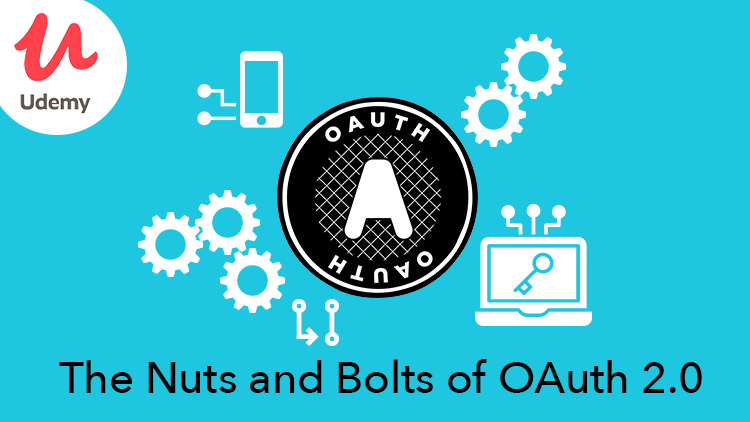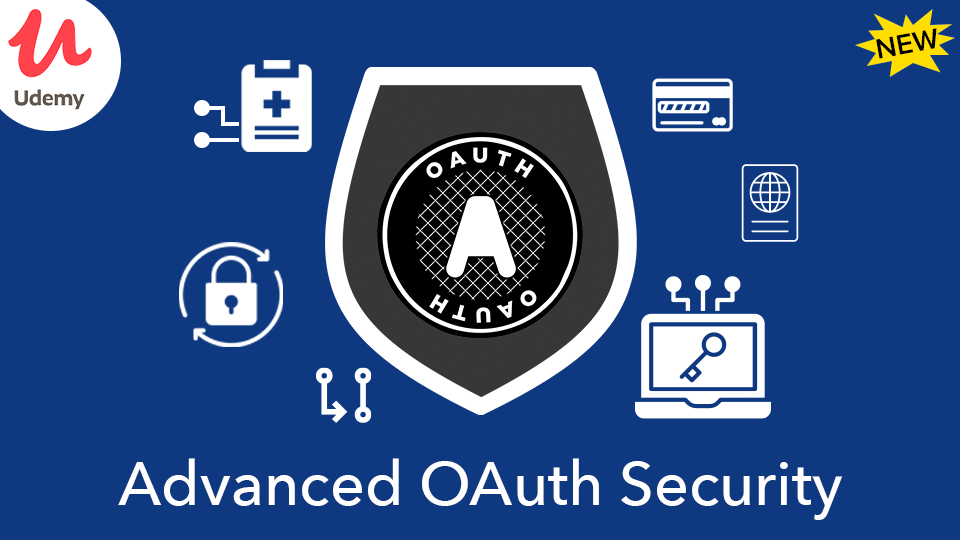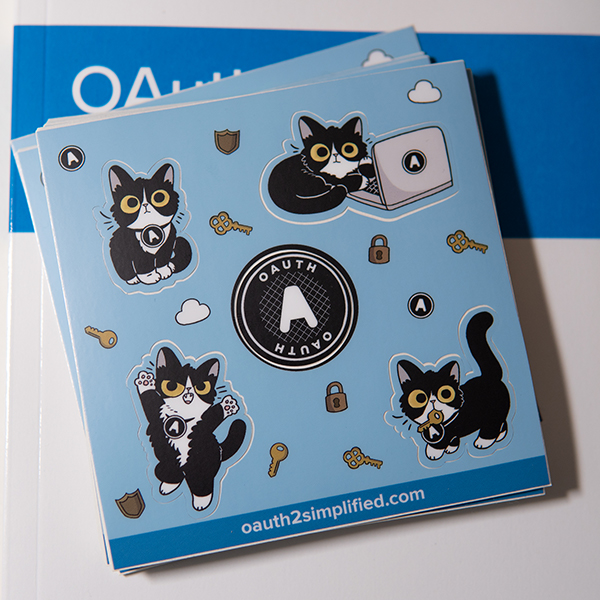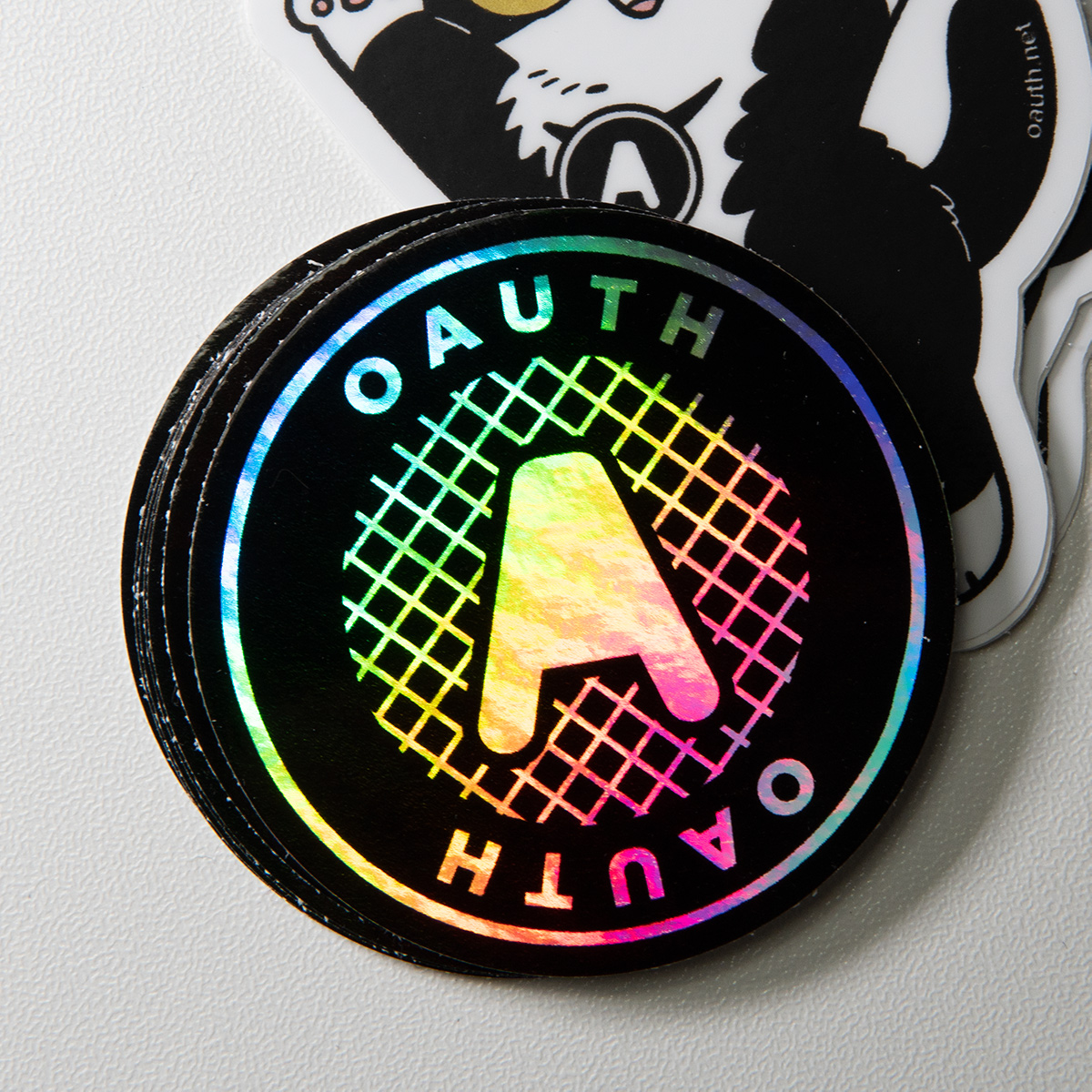This course includes the latest recommendations from the OAuth working group including covering everything from using PKCE for all types of applications to explaining the motivations behind dropping the Implicit and Password grants from the spec. These security recommendations and more will be rolled up into the new OAuth 2.1 update, so this course will give you an excellent head start on learning the best way to use OAuth going forward!
Topics include: OAuth 2.0, OpenID, PKCE, deprecated flows, JWTs, API Gateways, and scopes. No programming knowledge needed!
This course covers each of the OAuth flows and applies them to use cases such as implementing OAuth for web apps, native apps, and SPAs. In addition to learning how applications can use OAuth to access APIs, you’ll learn how to use OpenID Connect to get the user’s identity.
If you're building an API, you'll learn the differences and tradeoffs between different access token formats, how to choose an appropriate access token lifetime, and how to design scopes to protect various parts of your APIs.





